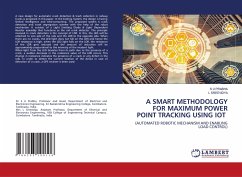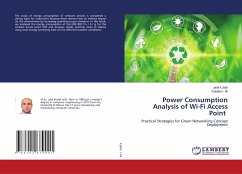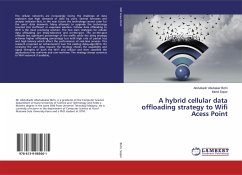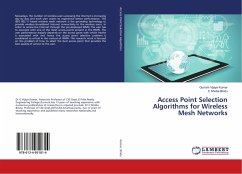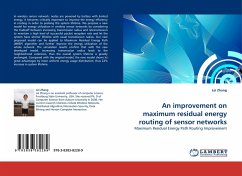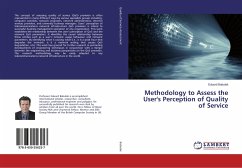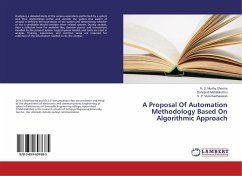A new design for automatic crack detection & trash collection in railway tracks is proposed in this paper. In the Existing System, the design is having limited intelligence and time-consuming. The proposed system is crack detection and trash segregation scheme with the help of the robot mechanism. It consists of a Light Emitting Diode & Light Dependent Resistor assembly that functions as the rail crack detector. The principle involved in crack detection is the concept of LDR. In this, the LED will be attached to one side of the rails and the LDR to the opposite side. When there are no cracks, the LED light does not fall on the LDR and hence the LDR resistance is high, when the LED light falls on the LDR, the resistance of the LDR gets reduced and the amount of reduction will be approximately proportional to the intensity of the incident light.When light from the LED deviates from its path due to the presence of a crack, a sudden decrease in the resistance value of the LDR occurs.This change in resistance indicates the presence of a crack or any defect in the rails. In order to detect the current location of the device in case of detection of a crack, a GPS receiver is been used.
Bitte wählen Sie Ihr Anliegen aus.
Rechnungen
Retourenschein anfordern
Bestellstatus
Storno

